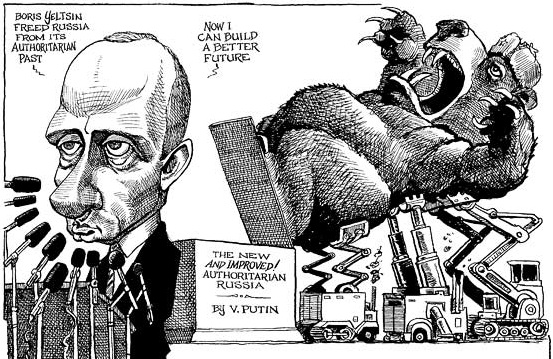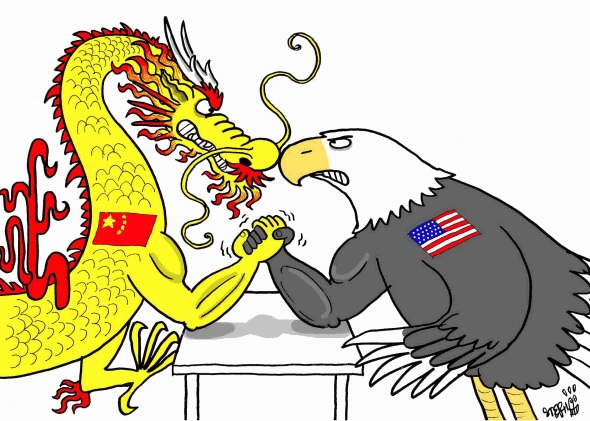U.S. Small Business Administration Administrator Maria Contreras-Sweet and Mexican Ambassador to the U.S. Eduardo Medina Mora will discuss strengthening supply chains across two continents in a webinar for entrepreneurs and smalll businesses on September 30.
Born in Guadalajara, Mexico, Contreras-Sweet was a successful entrepreneur and business executive before joining President Barack Obama’s cabinet in April 2014. In brief remarks, she will address the need for dynamic and competitive supply chains in North America, to be followed by a Davos-style conversation with Medina Mora.
Small- and medium-sized enterprises (SMEs) are the backbone of not only the U.S. economy, but also of the broader North American free-trade area. Canada and Mexico are the top two destinations for U.S. exports from SMEs, and small-business suppliers also feed inputs into larger companies and benefit with expanded exports of the final products. In the run-up to the next round of the U.S.-Mexico High-Level Economic Dialogue and the North American Leaders Summit, this on-the-record discussion will explore the importance of interlocking supply chains to the broader goal of North American competitiveness.
Speakers:
- Maria Contreras-Sweet, Administrator, U.S. Small Business Administration
- Eduardo Medina Mora, Ambassador of Mexico to the U.S.
- Eric Farnsworth, Vice President, Americas Society/Council of the Americas (moderator)
To register: Please email us at as-coawashington@counciloftheamericas.org











